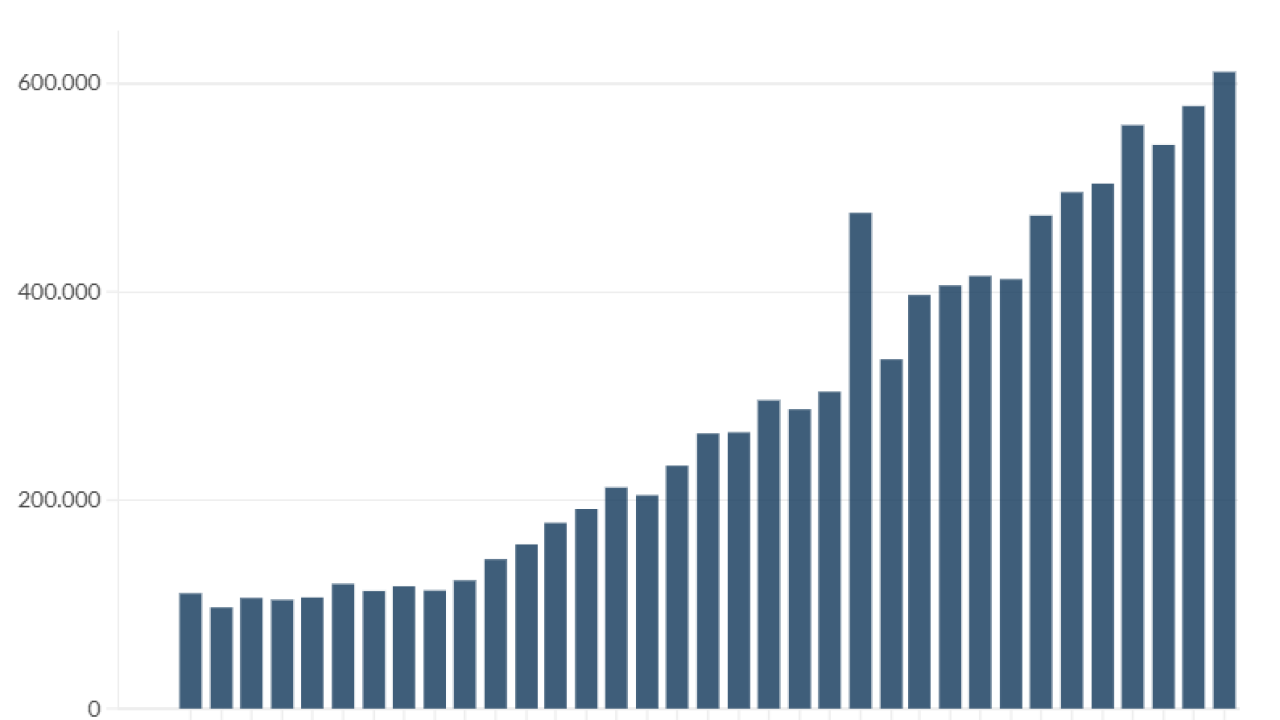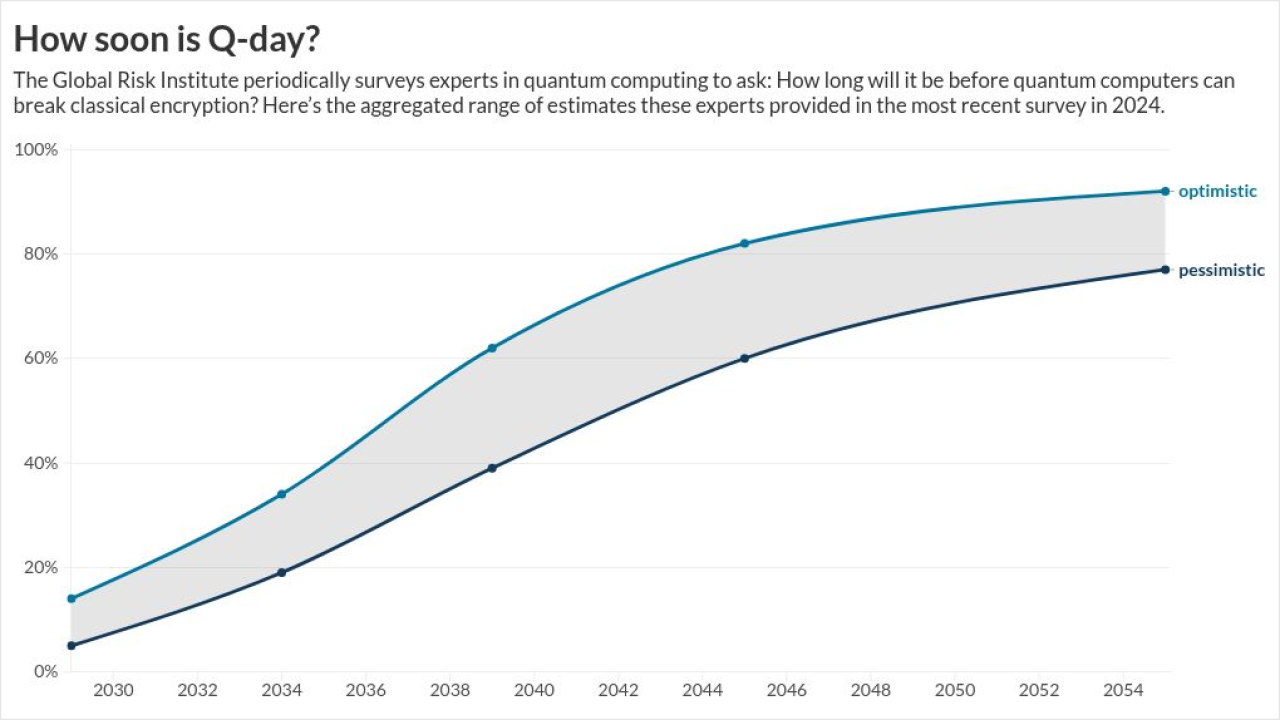The Bush Administration’s rescue of Fannie Mae and Freddie Mac is running into resistance on Capitol Hill. Treasury Secretary Henry M. Paulson Jr. assured members of the Senate Banking Committee that the plan was not another Chrysler bailout. Since Chrysler repaid its loan with interest, perhaps he should not have rejected the analogy. The Congressional Budget office was expected to come up with a hefty price tag for the plan, which would temporarily increase Fannie and Freddie’s line of credit with Treasury and allow the department to take equity in the GSEs if necessary.
Congressional opposition seemed to mainly reside among Republicans. Senator Jim Bunning (R-KY) shared his feelings about the GSE plan before the Banking Committee’s July 15 hearing commenced: “When I picked up my newspaper yesterday, I thought I woke up in France. But no, it turns out socialism is alive and well in America. The Treasury Secretary is asking for a blank check to buy as much Fannie and Freddie debt or equity as he wants. The Fed’s purchase of Bear Stearns’ assets was amateur socialism compared to this. As for this unprecedented intervention in the market what assurances do we get that it will not happen again? None.” With friends like that, thank goodness Barney Frank seems to be on board.
Fed Chairman Ben S. Bernanke may not have helped the cause. At the same hearing he noted that the two GSEs were “adequately capitalized” and not at risk of collapsing. So why the plan? Higher borrowing costs and an inability to raise capital are threatening their role in supporting the housing market, Bernanke explained. On July 17 Freddie Mac successfully priced its new $3-billion, two-year reference notes security.
And on July 18 Freddie filed a Form 10 registration statement with the Securities and Exchange Commission that will allow the GSE to raise capital through a stock offering. While press reports suggested that the company was looking at a $10-billion deal, the GSE was circumspect. “We have committed to OFHEO to raise $5.5 billion in core capital through one or more offerings, which will include both common and referred securities,” says Freddie spokesman Doug Duvall. “The timing, amount and mix of securities to be offered will depend on variety of factors, including prevailing market conditions, and is subject to approval by our board of directors. As indicated in our Form 10 registration statement filed with the SEC today, we continue to review and consider this and other alternatives for managing our capital.”





